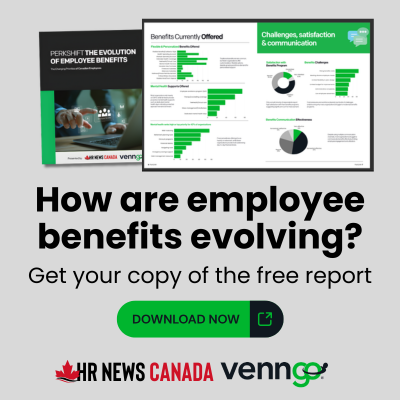Nearly half of human resources leaders are considering leaving their profession due to emotional burnout, according to a new global survey that reveals mounting pressures facing HR departments.
The 2026 State of People Strategy Report found 48 per cent of HR practitioners in the U.S. have thought about quitting the field, compared to just 31 per cent in Europe, according to Lattice, the HR platform company that commissioned the research.
“The primary drivers for considering departure include the emotional toll of managing employee issues, feeling undervalued, and work-life balance challenges,” the report states.
The survey of 1,002 HR professionals conducted between April and June reveals significant shifts in workplace priorities as companies focus more heavily on performance management and less on diversity initiatives. It attracted responses from the US, Canada, England, Germany, France, and other global locations
Performance management takes priority over diversity programs
Performance management has become the top concern for 40 per cent of HR teams globally, with employee engagement following closely at 39 per cent, according to the survey.
Meanwhile, diversity, equity, inclusion and belonging (DEIB) programs have dropped significantly as a priority, with only 16 per cent of teams focusing on these initiatives in 2026, down from 30 per cent in 2023, the report found.
The shift reflects budget constraints and competing demands, according to the company. Some 32 per cent of HR leaders report feeling caught between employees and executives who disagree on diversity priorities.
“Decreasing budgets and a focus on performance management have led organizations to deprioritize DEIB efforts,” the report states.
However, 61 per cent of HR teams with dedicated diversity roles plan to keep them, and high-performing HR teams are five times more likely to prioritize these programs, according to the survey.
Technology adoption varies by generation but AI gains ground
The research reveals stark generational differences in workplace technology adoption. About 53 per cent of Gen Z workers actively seek new technology, while 58 per cent of Gen X employees require proof before trying new tools, according to the survey.
Some 56 per cent of Baby Boomers believe technology reduces human connection, the report found.
Despite these differences, artificial intelligence is gaining acceptance across age groups, with 42 per cent of white-collar HR professionals already using AI tools regularly, according to Lattice.
A combined 83 per cent of HR professionals express optimism about using AI for routine tasks, though 61 per cent maintain ethical concerns, the survey found.
Regional differences emerge in HR priorities
European HR teams show different priorities than their North American counterparts, with equal focus on employee engagement and learning and development at 36 per cent each, according to the research.
European teams are also twice as likely as US teams to prioritize diversity initiatives, at 24 per cent versus 11 per cent, the survey found.
High-performing teams across all regions use an average of four or more specialized HR tools, compared to three tools for typical teams, according to the report.
Job security remains stable despite challenges
While burnout concerns persist, overall job security appears stable, with 78 per cent of HR professionals reporting feeling engaged at work and 79 per cent confident in their job security, according to the survey.
“It’s back to business basics. HR is at the center of today’s most critical opportunities: driving performance, engaging people, and adopting AI responsibly,” said Sarah Franklin, CEO of Lattice.





